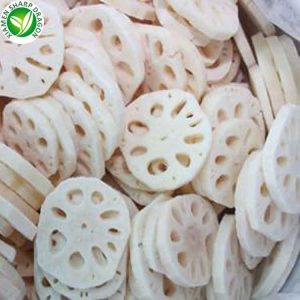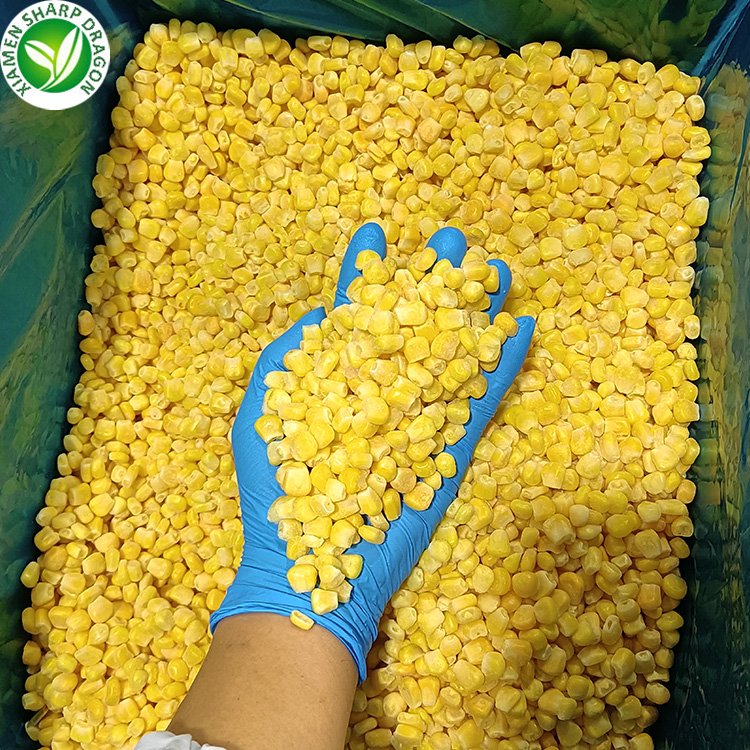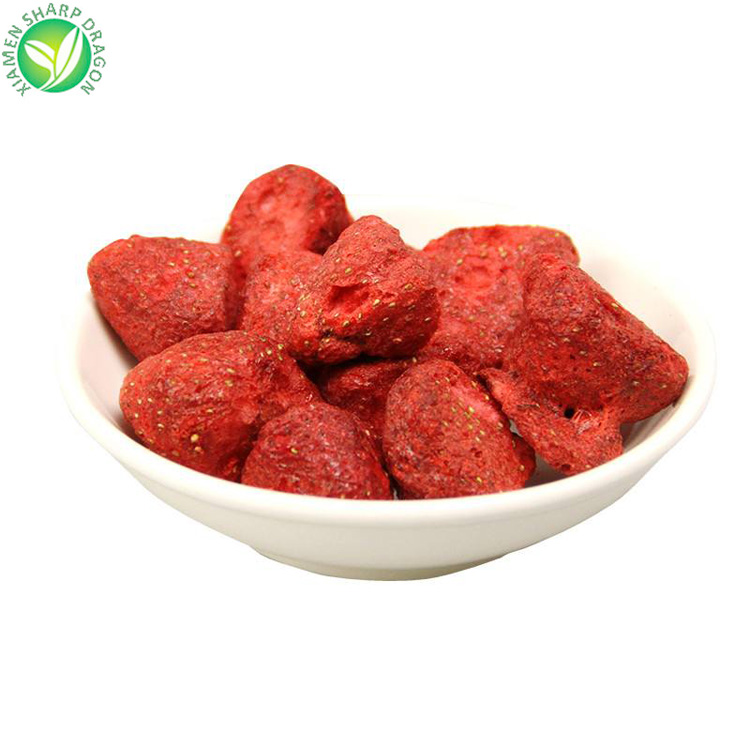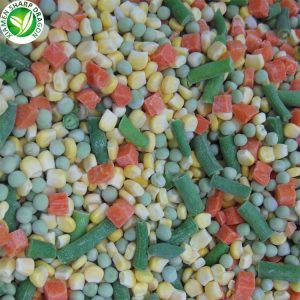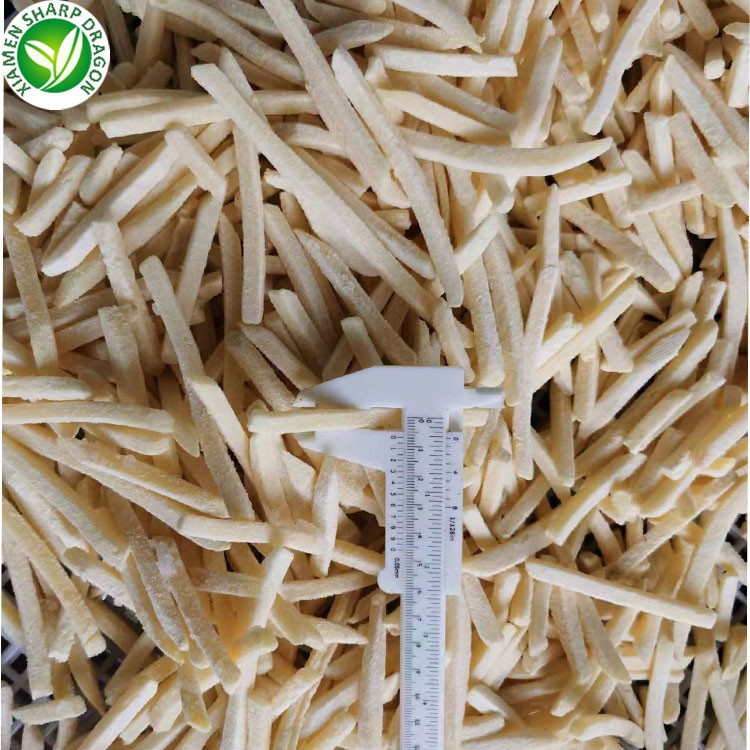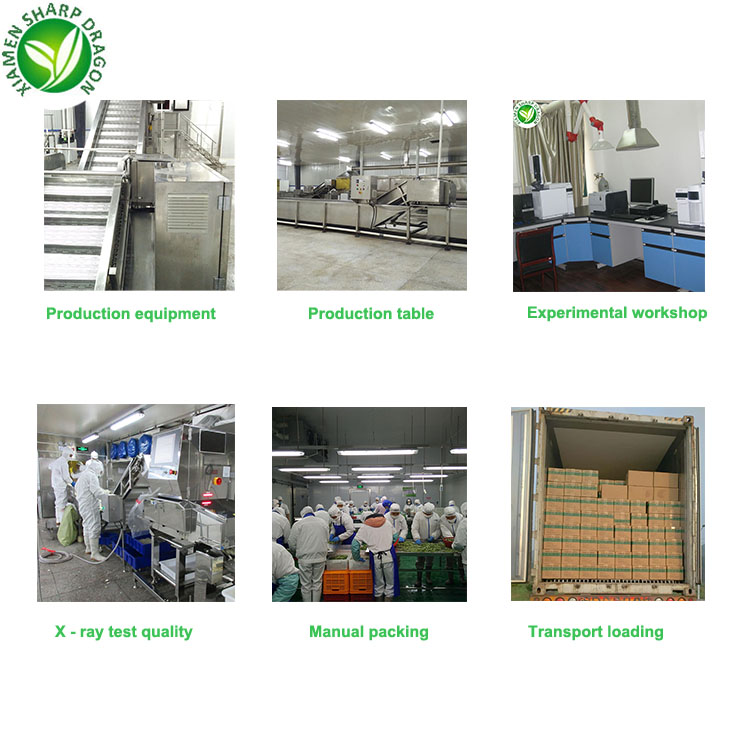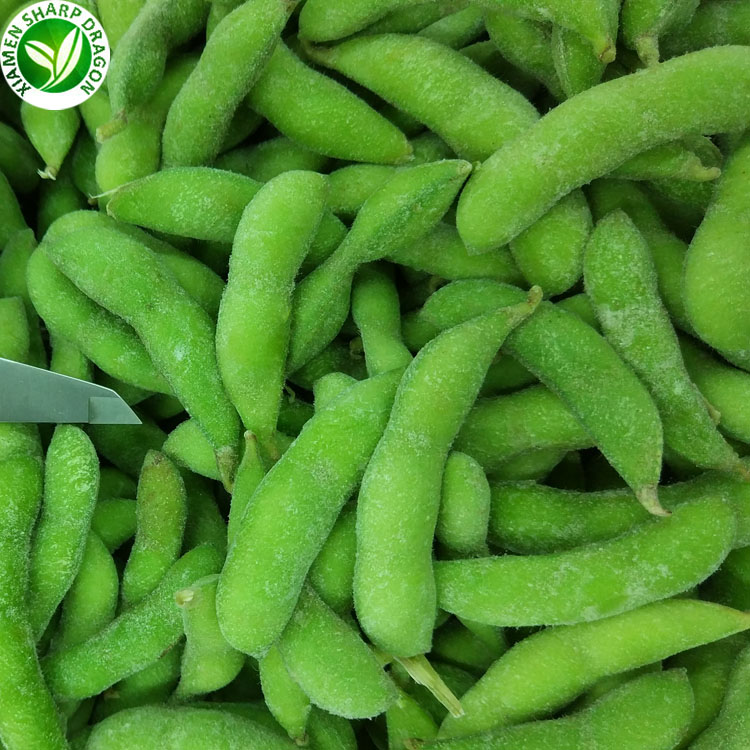Nutritional value of frozen vegetables
Frozen vegetables have become increasingly popular in recent years due to their convenience and nutritional value. Frozen vegetables are flash-frozen at their peak of freshness. This means that all of the necessary enzymes and vitamins are preserved, making them just as nutritious as fresh vegetables. Frozen vegetables also provide the added benefit of convenience. They can be stored in the freezer for several months and are easy to incorporate into meals.
Frozen vegetables are a great way to get a variety of vitamins and minerals in one convenient package. Common frozen vegetables include broccoli, corn, spinach, bell peppers, cauliflower, green beans, peas, carrots, and edamame. Depending on the specific vegetable, each may provide various amounts of vitamins, minerals, and other nutrients. For example, frozen corn is an excellent source of thiamin, which helps with energy metabolism. Broccoli is a source of dietary fiber and vitamin C and carrots are a good source of vitamin A.
Frozen vegetables are an effective way to increase one’s daily vegetable intake without having to worry about fresh produce spoiling. They can simply be reheated in the microwave for a quick, nutritious meal or side dish. Furthermore, frozen vegetables are often cheaper than their fresh counterparts due to lower shipping and storage costs. In some cases, frozen vegetables may even contain a higher concentration of nutrients than their fresh counterparts as some fresh vegetables can lose their nutritional value over time.
Frozen vegetables are also a great addition to soups, stews, and casseroles. They can be added in at the very beginning of the cooking process and can substitute for fresh vegetables quite easily. They can also be used to create new and unique recipes, such as vegetable lasagna, stir-fries, or vegetable curry.
Frozen vegetables are increasingly becoming the norm in meal preparation due to their convenience, variety, and nutrition. They are just as nutritious as fresh vegetables, yet they offer the added convenience of not having to worry about spoiling. Furthermore, frozen vegetables provide a great way to get a range of vitamins, minerals, and other nutrients in one convenient package.
Related Products



